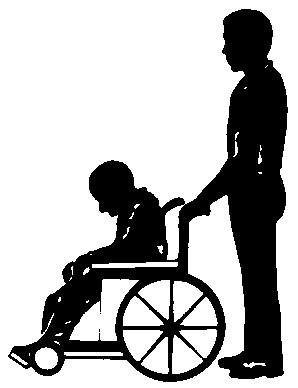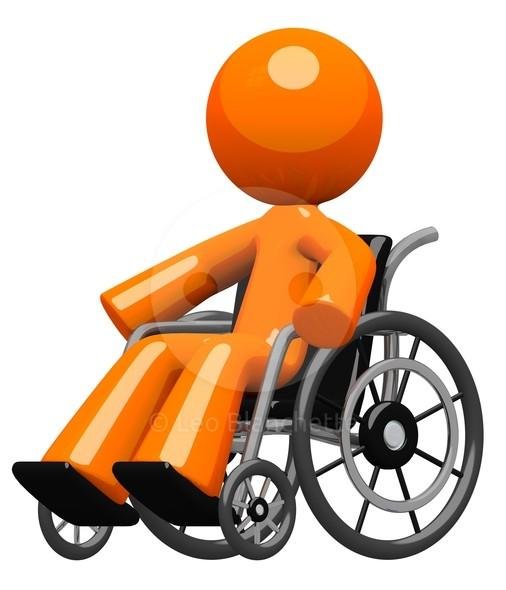It's not the life they imagined, but it has deepened their love-and their ability to count on each other no matter what.

From the afternoon my wife, Johanna, called me at work to say her water had broken five weeks early, our son, Walker, has a question mark. Hayley, his older sister, had a breeze. But Walker couldn't breathe, couldn't eat, couldn't swallow. Until doctors installed a tube to his stomach, it wasn't clear he would survive. At 2 he began to hit himself viciously, crying out at the pain but unable to stop. By then we had a diagnosis, an educated guess as to what was wrong: cardiofaciocutaneous syndrome, a rare random genetic mutation that results in global delays and compromises health.
Walker still can't speak or read, or understand in any consistent way, or survive without constant care. At 13, he has the mind of a 2-year-old. He always will.
We love him anyway. He can be a warm, hilarious, generous boy-when he's happy, he's always as happy as he has ever been-but also a nightmare. For ten years, he never slept more than two hours a night. My wife and I took alternate nights with him-which is to say that for ten years, neither of us had two nights of sleep in a row. We had the same exhausted argument-can you take him? No, I'm too tired, can't you?-twice a week. It often ended in tears. Those were bad nights.
And yet, there were delicious moments when he was still asleep and we were awake. I remember them, too: Johanna in the kitchen, her cup of tea at her side, inhaling the newspaper while she could (which of course I resented because I had not had time with the paper). And her tea: I thought a lot about that cup of tea after a bad night when we were too trampled to think or talk-the curious way she reheated the cup ovet thr course of the day, kept it by her side always. I suppose walker slowed the world down and then shut it out, and so I had long stretches in which to observe my wife carefully, and that became a form of love. I never felt unneeded, that's for sure.

Ours is like many other marriages, except that it's cast in the stone of our son's permanent need and helplessness, and that gives us room to fail. At the very least it relives any pressure to control and succeed. Our house is full of the stigmata of a disabled kid: the mangled window blinds, the piles of laundry that propagate like jungle plants, the avalanche of potions and lotions and syringes. And yet this is the thing: I still love my wife. I still admire her body, her tanned skin; I still want to protect her, and she still lets me. I can still make her laugh in a way no one else can, can still reach the eccentric corners only a wife and a husband know. I can hear her mind whirring to one-up me. These are ordinary moments, standard fare for most people. But I know their true value, how rare they can be. You have no idea how much pleasure a person can offer to another with the words "That's okay, I'll take him to the doctor". Walker made us tired, but he taught us to be generous, too.
Source- http://www.oprah.com/relationships/the-way-we-love-now/all
Not indicating that the content you copy/paste is not your original work could be seen as plagiarism.
Some tips to share content and add value:
Repeated plagiarized posts are considered spam. Spam is discouraged by the community, and may result in action from the cheetah bot.
Creative Commons: If you are posting content under a Creative Commons license, please attribute and link according to the specific license. If you are posting content under CC0 or Public Domain please consider noting that at the end of your post.
If you are actually the original author, please do reply to let us know!
Thank You!
Hi! I am a robot. I just upvoted you! I found similar content that readers might be interested in:
http://www.oprah.com/relationships/the-way-we-love-now/all